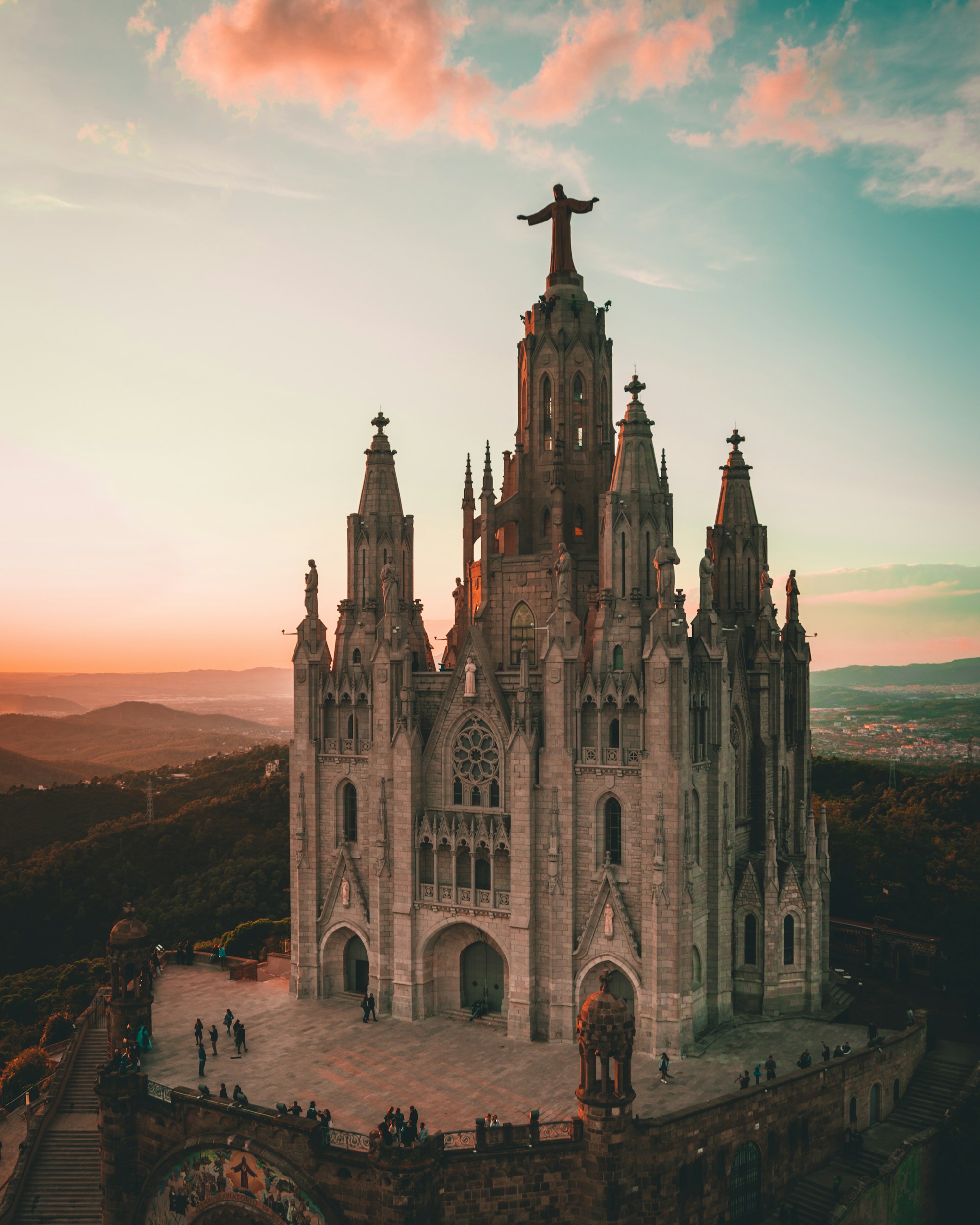Exploring Spanish Culture: History, Customs, Festivals

Exploring Spanish Culture: History, Customs, Festivals
Spain, located on the Iberian Peninsula in southwestern Europe, is a country with a rich history, vibrant customs, and colorful festivals. Whether you're an avid traveler or have a passion for discovering new cultures, Spain offers a multitude of experiences that will leave you captivated. In this travel guide, we will delve into the captivating history of Spain, explore its unique customs, and uncover the magic of its lively festivals.
History of Spain
Spain's history is intertwined with various civilizations that have left behind a remarkable cultural legacy. From the ancient Romans, who built cities like Barcelona and Tarragona, to the Moors, whose influence is evident in the stunning Alhambra palace in Granada, the country has been shaped by numerous conquerors.
One of the most significant chapters in Spain's history is the period known as the Spanish Golden Age. During the 16th and 17th centuries, Spain was a global superpower, thanks to its vast overseas empire and renowned figures such as Miguel de Cervantes, author of Don Quixote.
The Spanish Civil War in the 1930s marked another crucial moment in the country's history, leading to the rise of General Francisco Franco's dictatorship. After Franco's death in 1975, Spain transitioned into a fully democratic country, marking the beginning of a new era.
Customs and Traditions
Spanish customs and traditions reflect the country's diverse heritage and strong sense of community. One of the most iconic customs is the daily ritual of the siesta, a mid-afternoon rest period where shops and businesses close, allowing people to recharge and spend time with family or friends.
Another important aspect of Spanish culture is the concept of "tapas." In many regions, it is customary to go for tapas, which involves moving from one bar to another, sampling various small dishes along the way. This tradition encourages socializing and enjoying delicious Spanish cuisine.
Spain is also known for its flamenco music and dance, which originated in the southern region of Andalusia. Flamenco is a passionate and expressive art form that showcases the emotions and experiences of the Spanish people. Watching a live flamenco performance is a truly captivating cultural experience.
Colorful Festivals
Spain is renowned for its lively and vibrant festivals, which offer a glimpse into the country's rich cultural heritage. One of the most famous festivals is the Running of the Bulls, held in Pamplona during the San Fermín festival. Brave individuals run alongside charging bulls through the streets, creating a thrilling spectacle.
The La Tomatina festival, held in the Valencian town of Buñol, is another unique Spanish event. During this tomato-throwing festival, participants engage in a friendly battle, throwing tomatoes at one another in the streets, resulting in a massive tomato fight. It's an exhilarating and messy experience like no other.
Semana Santa, or Holy Week, is a religious festival celebrated throughout Spain. Processions fill the streets, with participants dressed in traditional robes carrying elaborately decorated floats portraying religious scenes. It's a deeply solemn and emotive event that showcases Spain's strong Catholic influence.
Discover the Magic of Spain
Exploring Spain means immersing yourself in the incredible history, customs, and festivals that make this country truly unique. From the ancient Roman ruins to the vibrant flamenco performances, there's always something captivating to discover.
So pack your bags, grab your passport, and get ready to embark on a journey through the lively streets of Spain. Prepare to be amazed by its fascinating history, immerse yourself in its vibrant customs, and join in the excitement of its colorful festivals.
¡Bienvenidos a España!
